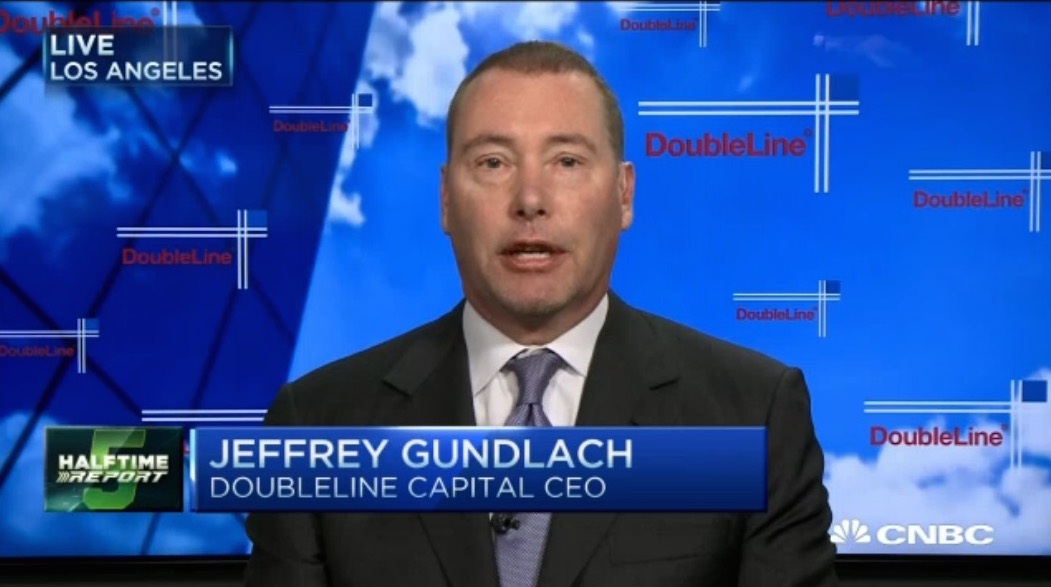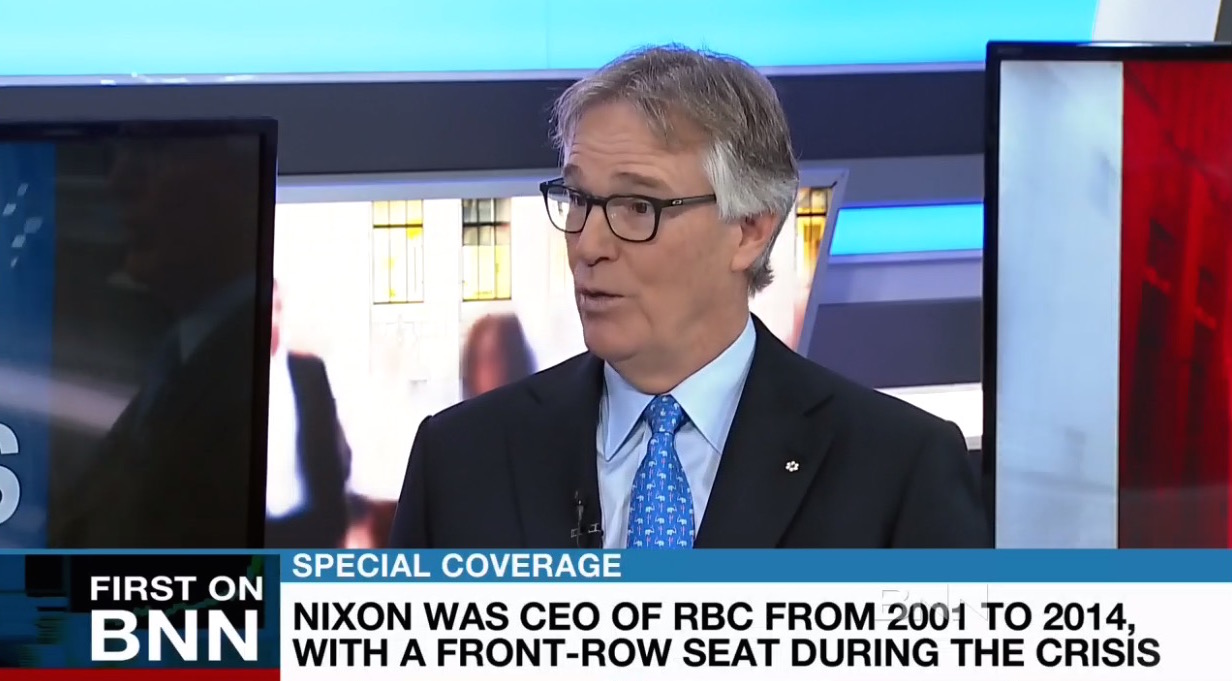For Halloween, Some Thoughts on Active Management
by Brad McMillan, CIO, Commonwealth Financial Network
 One of the investment industry’s most famous magazine covers is the August 1979 Businessweek that proclaimed “The Death of Equities”—right before one of the longest and largest bull markets of all time began. It was a perfect example of the investment truism known as the magazine cover effect: when something is widely enough known to be on a magazine cover, it’s already fully priced into the market (and likely about to reverse).
One of the investment industry’s most famous magazine covers is the August 1979 Businessweek that proclaimed “The Death of Equities”—right before one of the longest and largest bull markets of all time began. It was a perfect example of the investment truism known as the magazine cover effect: when something is widely enough known to be on a magazine cover, it’s already fully priced into the market (and likely about to reverse).
Active management of investments may have just had a similar moment. Today, on the front page of the Wall Street Journal, there’s an article titled “The Dying Business of Picking Stocks.” Not quite the death of equities, but pretty darn close. The magazine cover effect certainly looks like it might be in play here.
A reversal in trend for active and passive?
Better known as stock picking, active management is based on the idea that investors can be smarter than the market. Passive management assumes the opposite: that investors are not smarter than the market and won’t be able to beat market indices over time. Better to buy the market and be guaranteed average performance, the thinking goes, than try to outperform and end up behind.
Over the past several years, active managers have had a tough run, generally underperforming the market indices. Clearly, the argument for passive investing remains solid in many ways. Passive costs less than active. Active has underperformed passive. To see why the trend might reverse, we need to take a step back.
A difficult environment for active managers
The key to success as a stock picker is finding a stock that is undervalued—that is, worth more than the market thinks it is. You find it, you buy it, and you sell it for a higher price when the market catches on. For this to happen, though, there have to be undervalued stocks to find, which brings us to the core of the problem.
This strategy worked for years, until central banks started taking action to push up all asset valuations. Think of stock pickers as beachcombers. They do well at low tide. Central banks, however, have created a multiyear high tide by flooding economies with money, with the specific intention of driving up asset values. In doing so, they have also largely suppressed the difference in valuations. The most popular stocks—those that in previous eras might have dropped back—instead continued to rise.
With the markets flooded with money, active managers simply haven’t been able to find as many undervalued stocks, and they have suffered relative to the indices from the gains of all the others. It has been a perfect storm against active, and it has lasted for so long that the era of active management may seem to be over. And indeed it might be, at least until the flood of central bank money starts to recede.
Watch for a change when central banks pull back
At that time, fundamentals will reassert themselves. Fundamentally, active management has to work over time. In a purely passive investing world, fundamentals don’t matter; you just keep trying to track an index. But given that all companies in the index aren’t equally valuable, the more you do that, the more discrepancies open up between the values of the bad companies, which are too high, and the good companies, which are too low. When the gap gets big enough, the active managers swoop in and take advantage of it.
The longer the passive trend lasts, and the bigger the gap gets, the greater the potential opportunity for the stock pickers. Long story short, the ultimate success of passive investing creates the conditions for the resurgence of active management.
We probably aren’t quite there yet, but the headline today suggests the process is under way. As central banks start to turn off the flow of money, I suspect there will be quite a bit of work for the beachcombers. In the spirit of Halloween, we’ll probably see the dead walking again in the not-too-distant future.
Investments are subject to risk, including the loss of principal. Because investment return and principal value fluctuate, shares may be worth more or less than their original value. Some investments are not suitable for all investors, and there is no guarantee that any investing goal will be met. Past performance is no guarantee of future results. Talk to your financial advisor before making any investing decisions.
This material has been provided for general informational purposes only and does not constitute financial advice. Although we go to great lengths to make sure our information is accurate and useful, we recommend you consult financial advisor regarding your specific circumstances.
Commonwealth Financial Network is the nation’s largest privately held independent broker/dealer-RIA. This post originally appeared on Commonwealth Independent Advisor, the firm’s corporate blog.
Copyright © Commonwealth Financial Network











